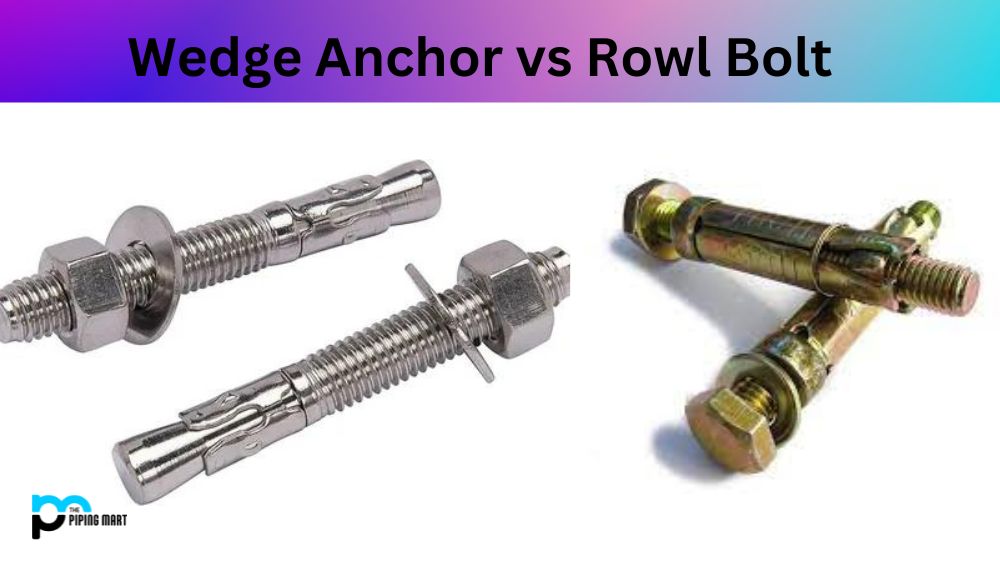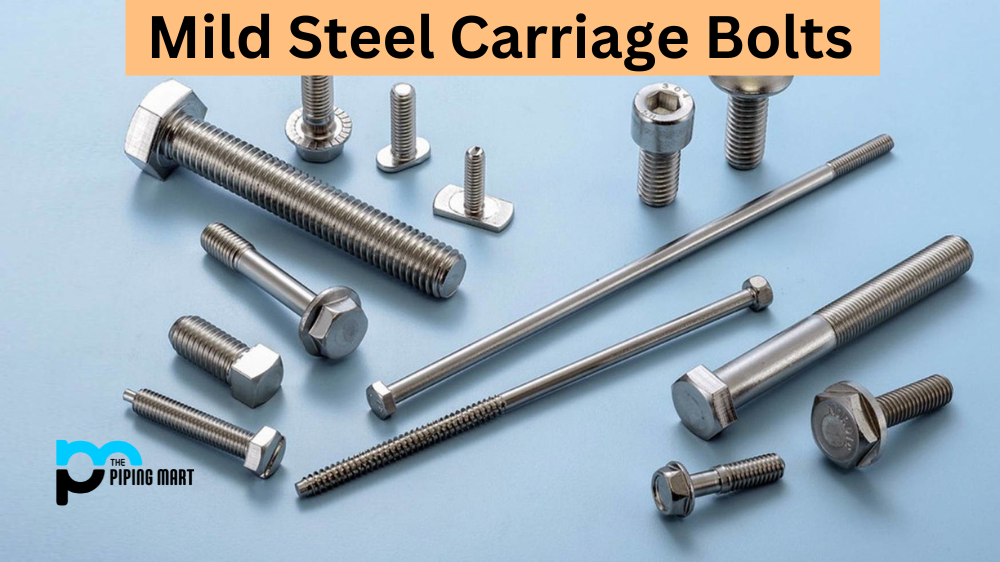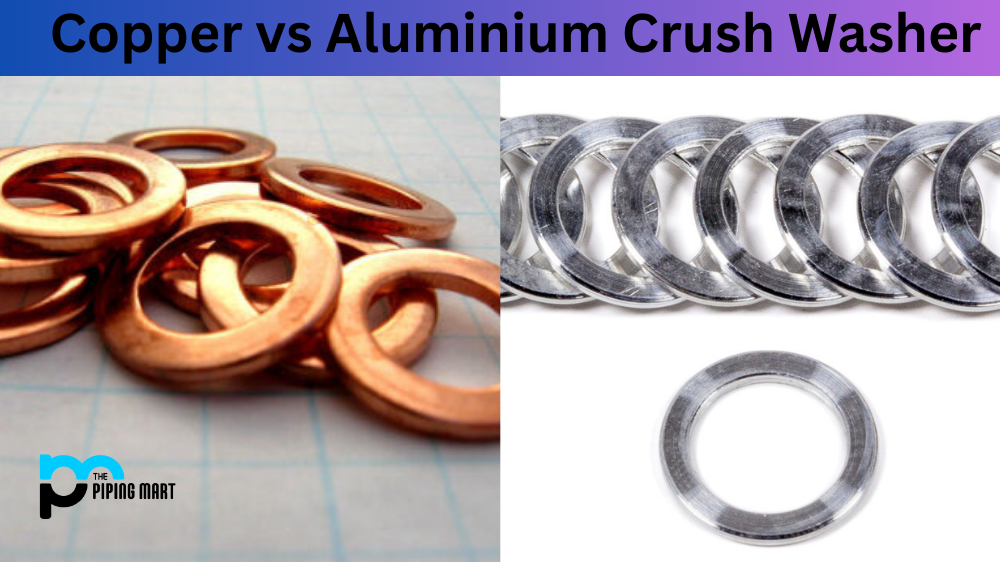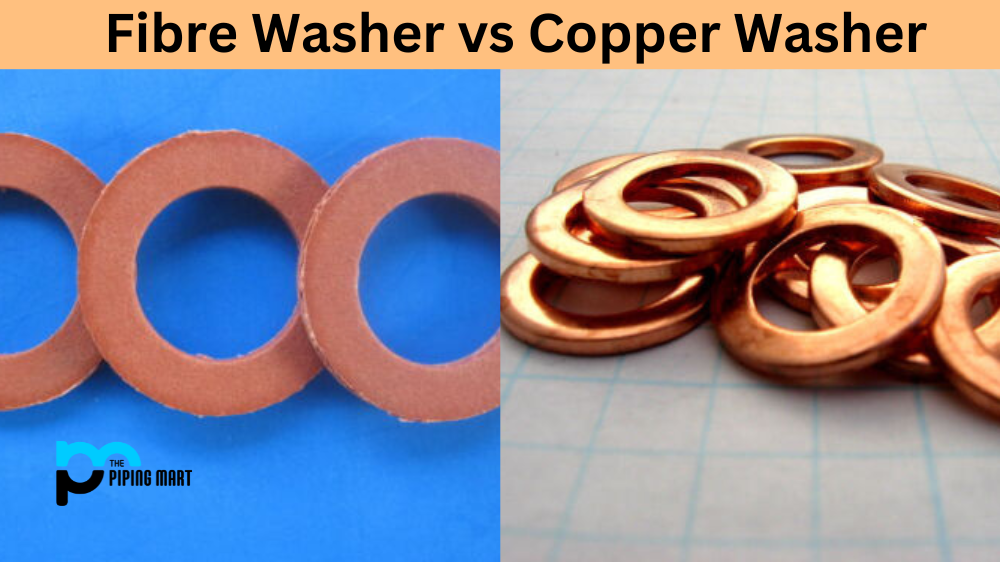When choosing the right fastener for your construction projects, it’s important to know the difference between various types of anchors. Wedge anchors and Rowl bolts are two popular options that are often used interchangeably, but they have significant differences that can impact your project’s success. In this blog post, we’ll explore the differences between wedge anchors and Rowl bolts so you can choose the best option for your construction projects.
Wedge Anchor
A Wedge Anchor is a fastening system featuring an anchor bolt with a wedge-shaped end inserted into a pre-drilled hole in concrete, brick, or masonry wall. The wedge anchoring process increases the anchor’s holding power by expanding outward as it is tightened. This makes it ideal for securely attaching items to concrete surfaces like walls and floors. It can also attach steel structures such as beams and columns to their foundations.
Rowl Bolt
Row Bolt is a revolutionary new technology that promises to revolutionize how we build and secure structures. It uses an innovative row-based anchoring system that significantly reduces construction time, improves structural integrity, and increases safety. The process involves inserting steel bars into concrete walls or other structure elements using either threaded rods or expansion anchors, creating a robust locking mechanism that can withstand force equivalent to several times the weight of the building. With Row Bolt technology, construction projects can be completed much faster with better results.
Difference Between Wedge Anchor and Rowl Bolt
Design
Wedge anchors and Rowl bolts have different designs. Wedge anchors consist of a threaded bolt, a sleeve, and a wedge-shaped clip. Rowl bolts, on the other hand, consist of a threaded bolt, a sleeve, and a cone-shaped expansion element. The difference in design means that they are installed differently. Wedge anchors require you to drill a hole into the concrete and insert the anchor. In contrast, Rowl bolts require hammering the bolt into a pre-drilled hole.
Load Capacity
Wedge anchors and Rowl bolts have different load capacities. Wedge anchors have a lower load capacity than Rowl bolts. This means they’re best suited for lighter weight applications, while Rowl bolts can hold heavier loads without failing. Before you choose between wedge anchors and Rowl bolts, it’s important to determine the weight of the object and the load it will be subjected to.
Installation Time
Wedge anchors and Rowl bolts have different installation times. Wedge anchors require more installation time because you must drill a hole into the concrete before inserting the anchor. Rowl bolts, however, are quicker to install because you only need to hammer the bolt into a previously drilled hole. This time difference can add up for large projects and impact the timeline.
Cost
Wedge anchors and Rowl bolts also have different costs. Rowl bolts are generally more expensive than wedge anchors but offer higher load capacities. If your project requires you to hold a heavy load, investing in Rowl bolts may be worth the cost. On the other hand, if you only need to hold a lighter weight, wedge anchors may be the more cost-effective option.
Where to Use Wedge Anchors and Rowl Bolts
Wedge anchors are ideal for securing electrical panels, steel columns, and metal framing. They’re also suitable for use in softer materials like brick and concrete. Meanwhile, Rowl bolts are better suited for heavier loads, like machinery, beams, and bridge rails.
Conclusion:
Choosing the right fastener for your construction project can greatly impact its success. Although wedge anchors and Rowl bolts are often used interchangeably, they have significant differences in design, load capacity, installation time, and cost. Wedge anchors are best suited for lighter weight applications, while Rowl bolts can hold heavier loads without failing. Determine the load requirements of your project and where the fastener will be used before choosing between wedge anchors and Rowl bolts.

Pipingmart is a B2B portal that specializes in metal, industrial and piping items. Additionally, we share the latest information and information about materials, products and various types of grades to assist businesses that are involved in this business.




